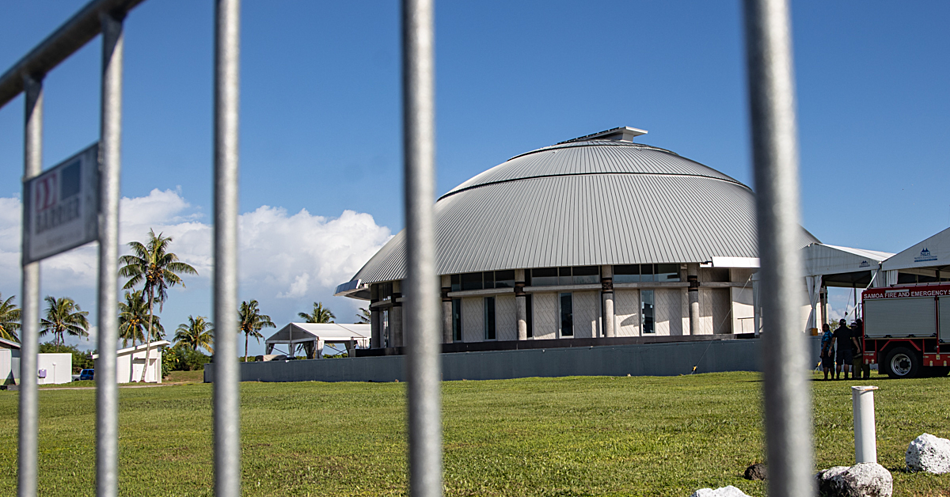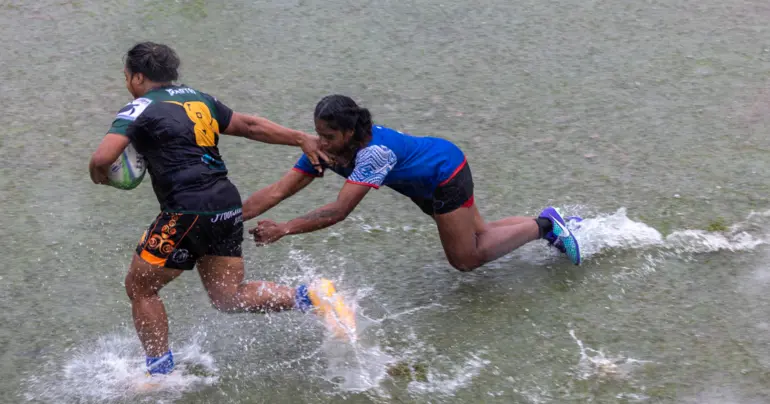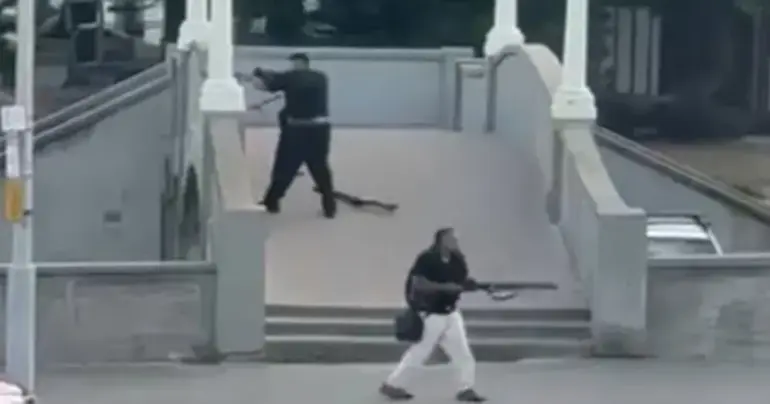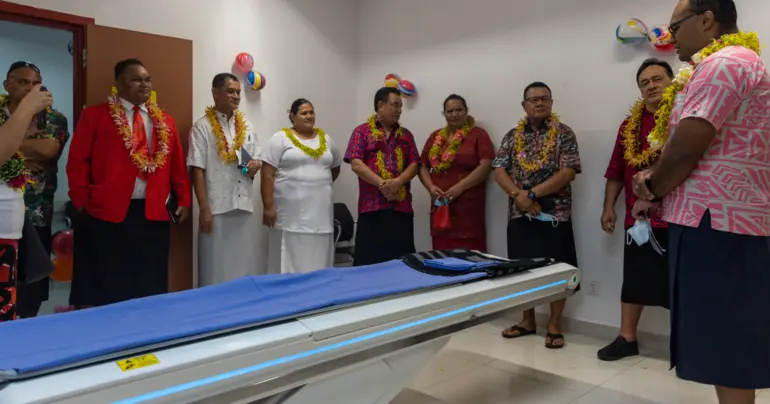No time to wait on measles inquiry
 By The Editorial Board
•
21 August 2021, 12:00AM
By The Editorial Board
•
21 August 2021, 12:00AM
The new Government is considering holding an inquiry into the 2019 measles outbreak and its causes.
We believe that it cannot come soon enough and should be on the top of the priority list for the new Health Minister, Valasi Tafito Selesele.
The Fa’atuatua i le Atua Samoa ua Tasi (F.A.S.T.) party campaigned on the issue on its war into Government.
Now it has arrived it is time to make good on that promise.
“In my view, this is important to assure these will have an impact in the future, it should be done,” he told this newspaper.
“We have to consider why these inquiries are important to us then we should do it.”
The Minister hedged his remarks by couching them with the need to explore the feasibility and the importance of such inquiries while saying the Government was considering the issue.
In our view, there is nothing to consider.
It is well past time for those who lost family to the outbreak, the public at large and the health system itself is provided with an explanation about the measles epidemic visited on this country.
It is almost two years since the event began and we still do not know nearly enough about one of the most tragic chapters in Samoa's modern history.
In fact, we do not even know how many mostly infant lives were claimed by the virus. The official figure of 83 deaths has apparently been superseded by documents obtained by this newspaper that suggest the total was at least 100. That was only uncovered by this newspaper in March this year, nearly a year and a half since the crisis and only because of a leaked document.
There is so very much that we do not know.
We do not know why in 2013, 90 per cent of this country’s infants received their first measles, mumps and rubella vaccine but by the year before the crisis struck less than one-third were immunised.
We need answers to these questions and a review of our vaccine dispensation system.
And we need to acknowledge those whom we lost in this national tragedy. We owe them that much at least.
It is not in the spirit of retribution that we call a national investigation; if anything truth and reconciliation should be our fundamental goal.
In countries that have undergone tragedies on a similarly national scale, such as apartheid South Africa or the ravaged, post-independence Timor-Leste, truth and reconciliation commissions that had no power to impose punishments have been effective means of helping victims deal with their trauma and recognising it.
For the 100 or so families who suffered because of this outbreak we owe them that dignity that has until now been denied them.
But as a nation, too, we must be dedicated to uncovering the truth of what transpired and the events that led up to this national tragedy so that they will not be repeated.
In every loss there is a lesson. We have learnt none from 2019.
What we do know about the causes of the incident is piecemeal.
A report co-authored by some of this nation’s finest minds, the international jurist Tuiloma Neroni Slade, Leo’o Dr. John Adams and Lealaiauloto Liai Iosefa-Siitia recommend the rollout of a mass vaccination programme as early as late March of that year.
We know that the Government more than had the wherewithal to achieve the report’s recommendations.
It ultimately undertook a mass vaccination campaign such as the one recommended, achieving vaccination rates of 95 per cent.
But by the time the idea was raised seriously it was more than six months after this initial warning and after dozens of lives had been lost to the virus.
The success of the rapid two-day vaccination campaign raises another question: why was the Government so slow to take decisive action that stopped an epidemic in its tracks when the first case of the virus is suspected to have arrived in the country in August?
We know that leading global anti-vaccination activist Robert F. Kennedy believed that the then-Prime Minister, Tuilaepa Dr. Sailele Malielegaoi, had his doubts about the safety of vaccines after witnessing what he believed was an adverse reaction to a vaccine from a family member.
"He was in a very difficult position," Mr. Kennedy said.
"He felt he had witnessed what he thought was vaccine injury and yet he was surrounded by people who were telling him it’s not.
"He was trying to be a good leader and make a good decision for his people and it’s very confusing."
And in a future where vaccinations, including against COVID-19 and its variants, will be critical to maintaining the nation’s public health, nopw is precisely the time to have our vaccine system held up to the sunlight for scrutiny.
So far we have only glimpses into how the health system responded to the threat of measles and why policy makers acted as they did.
The explanation for the scale of infant deaths provided by the Government of the day - that vaccine hesitancy among parents and their delaying seeking medical treatment does not cut it. In fact, it is an affront to the grieving; it is blaming the victim.
There are clear systemic issues that allow the Government to ignore its own clear warning signs about the dangers to the precious lives of our children and to allow for the vaccination rates among children to drop steadily over a number of years.
We need answers and we need explanations; we need a full picture of this tragic chapter in our national history. There is only one way of achieving this.
 By The Editorial Board
•
21 August 2021, 12:00AM
By The Editorial Board
•
21 August 2021, 12:00AM










